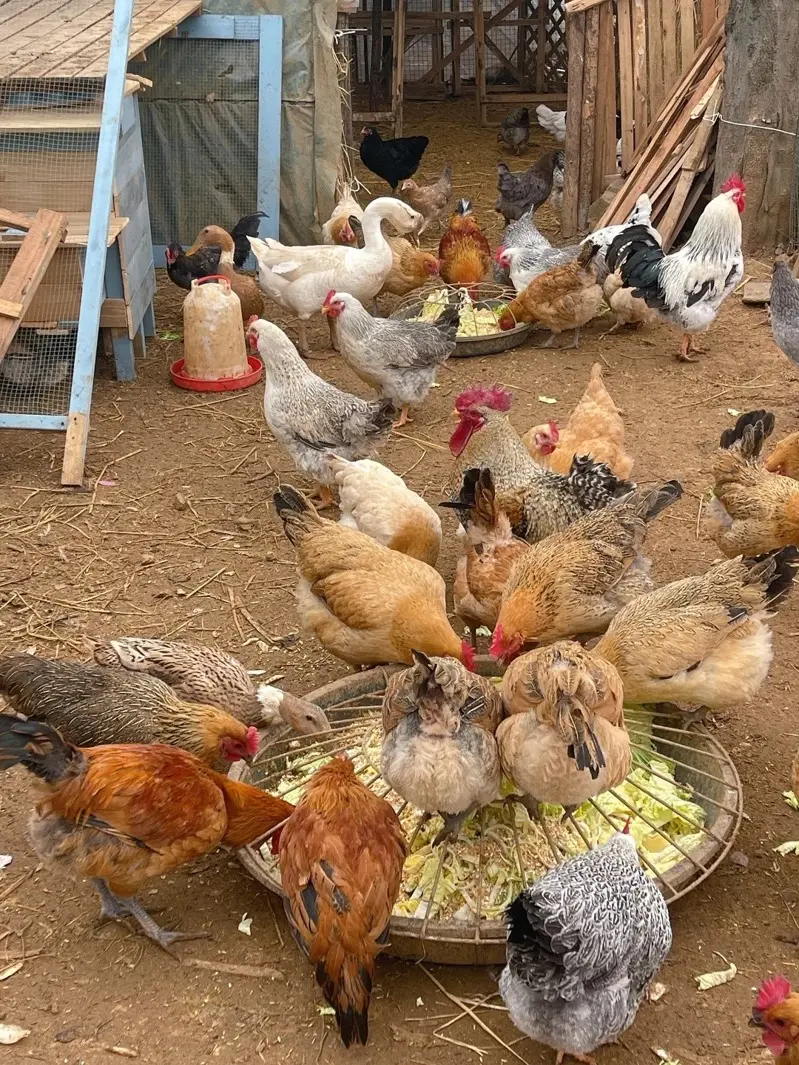Mr. Yang initially filed for divorce from Ms. Tu at the Daishi Town Court in Guang'an City, Sichuan Province, in early May. Both are farmers with limited assets beyond their self-built home. However, their divorce proceedings stalled over the division of their poultry. After multiple failed mediation attempts, they decided to bring the property division to trial.
Judge Chen Qian explained that Mr. Yang and Ms. Tu didn't dispute the number of birds, but each claimed to have invested more effort in their care. Ms. Tu argued she should receive a larger share since she raised the flock, while Mr. Yang insisted on an equal split.
Judge Chen proposed dividing the 22 geese by size (3 large, 8 small) and splitting the 2 ducks evenly. However, the 29 chickens presented a challenge due to the odd number. "Who gets the extra chicken?" Chen asked.
Recognizing their predicament, the judge suggested either compensating one party with the market value of a chicken or sharing a final meal together by cooking the extra bird. They ultimately agreed on the latter.
 |
Illustrative photo: QQ |
Illustrative photo: QQ
According to Judge Chen, dividing livestock in rural areas is more complex than it seems, requiring consideration of growth cycles and care costs, not just quantity. The case highlights a new trend in rural divorces: few assets but complex relational ties.
Before going to court, the couple had negotiated for six months, even involving family mediators, without success. Their children didn't intervene. When they finally reached the courtroom, they weren't seeking a judgment, but a mutually acceptable solution.
Despite the divorce, they maintained mutual respect. Mr. Yang drove Ms. Tu to and from the courthouse. Judge Chen recommended they continue to negotiate housing arrangements, living independently but supporting each other, a suggestion they didn't oppose.
Bao Nhien
(According to QQ)












